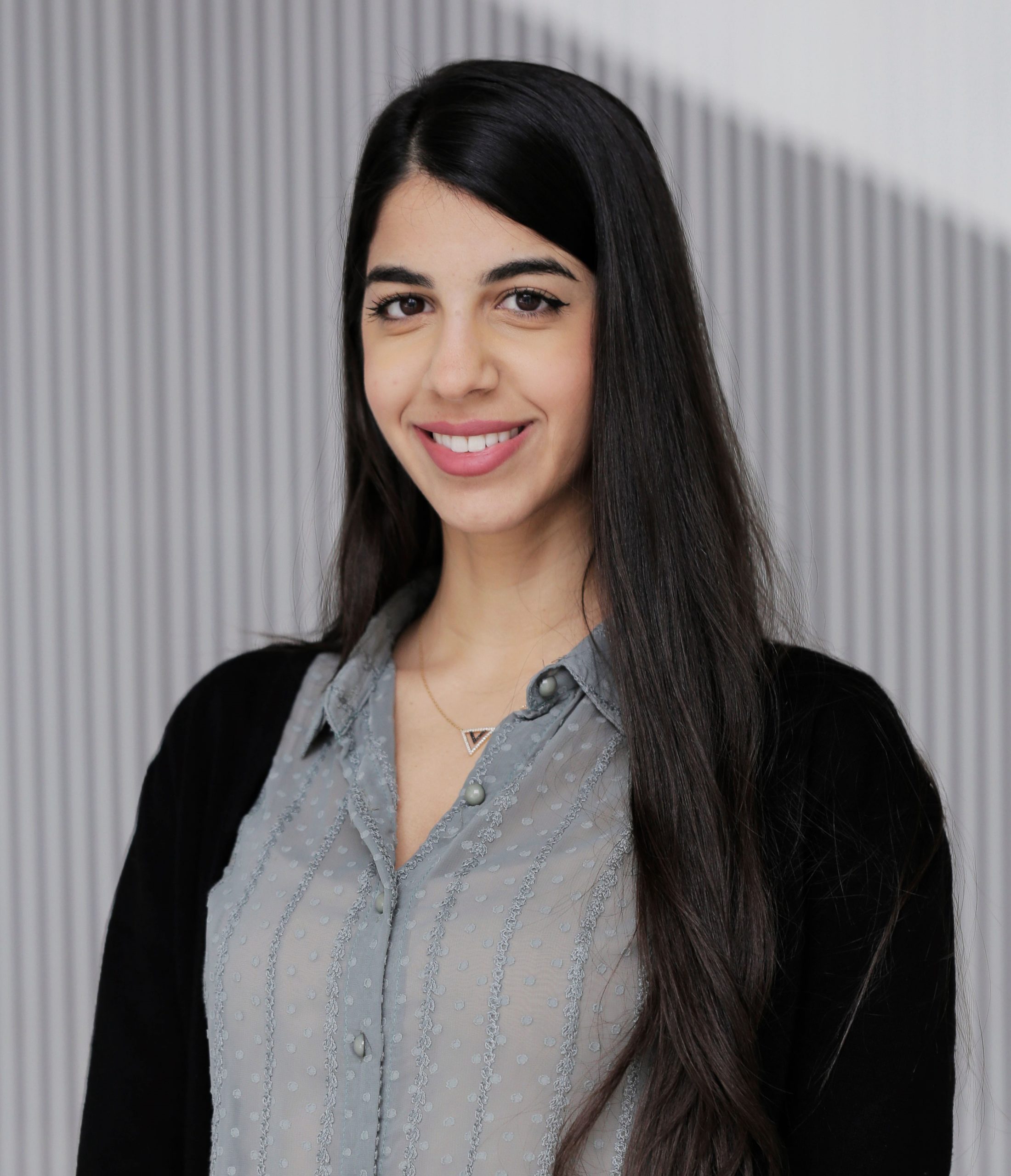ECE Seminar
Wireless Beams for Sustainable and Responsive Infrastructures
This event is free and open to the publicAdd to Google Calendar

Abstract:
The concept of smart and sustainable infrastructures has attracted ever-increasing interest from technologists, policymakers, and urban communities. However, it will require the ability for computerized systems to acquire data on a scale orders of magnitude greater than currently imaginable and necessitate that autonomous systems be capable of far more acute and low-latency situational awareness. While the Internet of Things (IoT) promises the deployment of 50 billion devices by the end of 2030, several trillion wireless devices would be required to bring this goal to fruition. Unfortunately, the costs, performance, and environmentally damaging battery requirements of IoT devices are inadequate. A new paradigm is required: one with the ability to create sprawling responsive environments, capable of reacting to far-flung electromagnetic illumination to enable their remote sensing and imaging—the responsive surface.
In this talk, I will demonstrate how we can build systems that enable the ubiquitous wireless powering of responsive surfaces and their ultra-low-power communication of data using planar-lens-based antenna systems, channeled by the mm-wave beams of 5G networks. In particular, I will describe how we have introduced the concept of “5G as a wireless power grid”, a solution that breaks the usual paradigm arising at mm-wave frequencies, imprisoned in the trade-off between rectenna angular coverage and turn-on sensitivity. I will also show how our mmID technology could be the enabler of zero-power long-range sensing and localization for digital twins. I will then describe my holography-infused backscatter-based technique for scalable, and low-cost human localization and health monitoring.
Finally, I will discuss how these results plant the seed for directive mm-wave and optical beams becoming the wireless information and energy highways of the sustainable zero-power infrastructure of the future, enabling space-based sustainable power down to the full automation of urban drones and the transformation of modern cellular networks.
Biography:
Aline Eid is currently a Postdoctoral associate at MIT. She graduated in Fall 2021 with her Ph.D. in Electrical and Computer Engineering from Georgia Tech, where she developed mm-wave-enabled harvesting and backscattering communications solutions for smart environments and autonomous robots and vehicles. Her research on “5G as a wireless power grid” was featured as one of the top 10 Emerging Technologies of 2021 by the World’s Economic Forum, and her work was repeatedly featured in the public media including the Economist, Popular Mechanics, and Science Daily. During her Ph.D., Aline was also the recipient of more than 15 awards, fellowships, and grants from the MTT-S and AP-S societies, Semi/FLEX, and the NSF. She is an inventor in 4 patents, and author/co-author of more than 40 conference and journal papers and book chapters. Before joining Georgia Tech, Aline received her B.Eng. and M.S. in Electrical and Computer Engineering from Notre Dame University, Louaize, Lebanon and the American University of Beirut, Lebanon, in 2015 and 2017, respectively.
 MENU
MENU 
